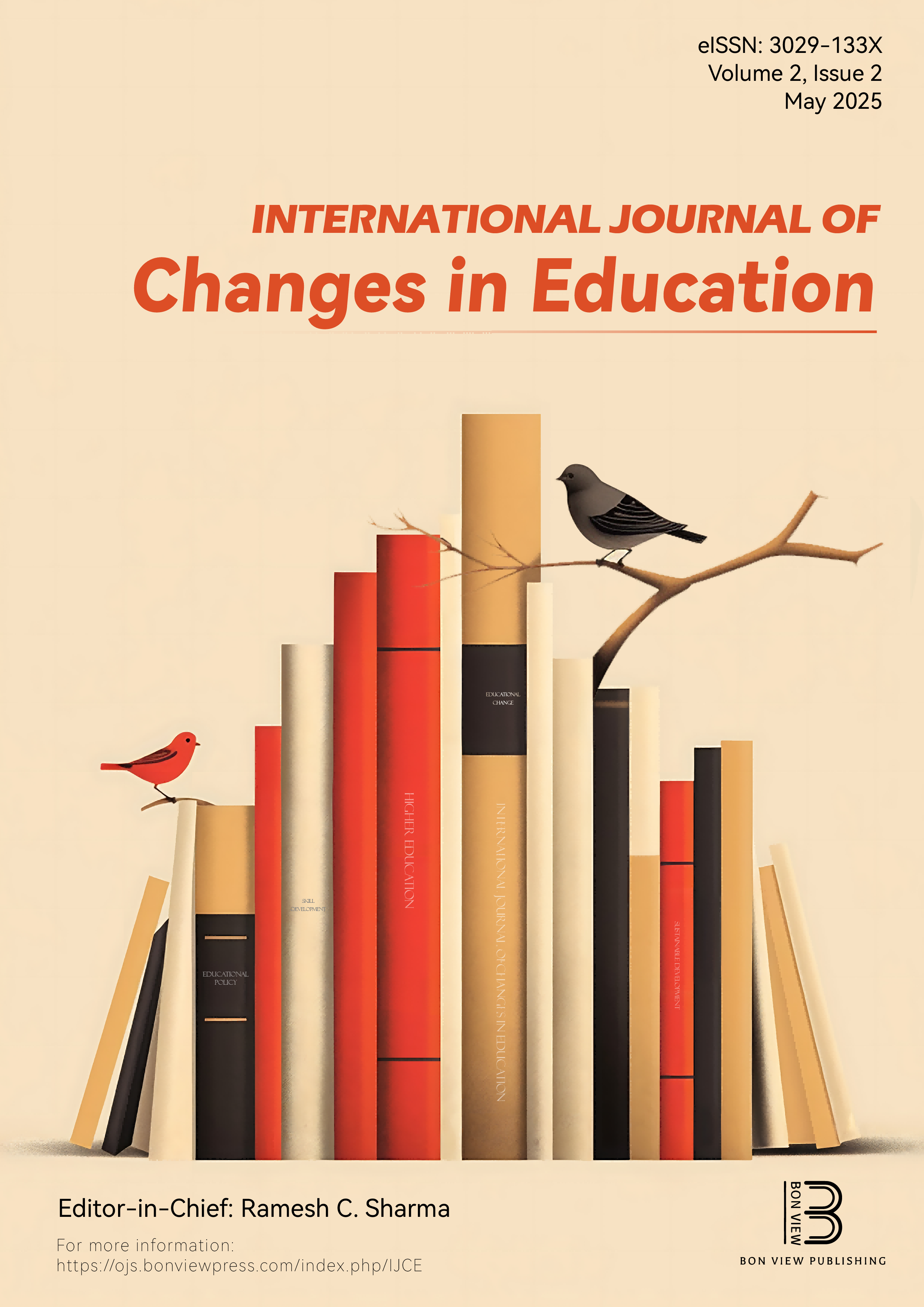Afrofuturistic Translanguaging: Pathways to Students' Well-Being in Disciplines
DOI:
https://doi.org/10.47852/bonviewIJCE32022096Keywords:
higher education, Afrofuturism, students, well-being, translanguagingAbstract
This study highlights the drawbacks of monolingual instruction in university disciplines and its adverse effects on students' knowledge acquisition, mental, emotional, and academic well-being. Incorporating Afrofuturism, the research positions translanguaging as an innovative component to explore the advantages of employing multilingual strategies. The goal is to mitigate limitations posed by monolingual approaches and contribute to safeguarding students' comprehensive well-being in academic contexts. Methodologically, this study utilizes textual analysis with the researcher as a research instrument. It analyzes how multilingual teaching not only addresses limitations associated with monolingual instruction but also developmentally enhances African students' well-being. Innovative case studies on translanguaging practices are highlighted, offering multilayered insights into the dynamic interplay of languages and knowledge in disciplines. By introducing Afrofuturist-aligned translanguaging practices, the research illuminates innovative pathways that surpass monolingual limitations, demonstrating the advantages of embracing multilingualism in disciplines. This Afrofuturist-inspired method promotes an inclusive understanding of linguistic diversity, nurturing belonging and resilience among students. Recognizing the detrimental effects of monolingual instruction on holistic growth in Africa's universities, this study champions a transformative transition toward multilingualism.
Received: 17 November 2023 | Revised: 6 December 2023 | Accepted: 28 December 2023
Conflicts of Interest
The author declares that he has no conflicts of interest to this work.
Data Availability Statement
Data sharing is not applicable to this article as no new data were created or analyzed in this study.
Author Contribution Statement
Oscar Eybers: Conceptualization, Methodology, Validation, Investigation, Data curation, Writing - original draft, Writing - review & editing, Visualization, Supervision, Project administration.
Downloads
Published
Issue
Section
License
Copyright (c) 2023 Author

This work is licensed under a Creative Commons Attribution 4.0 International License.


